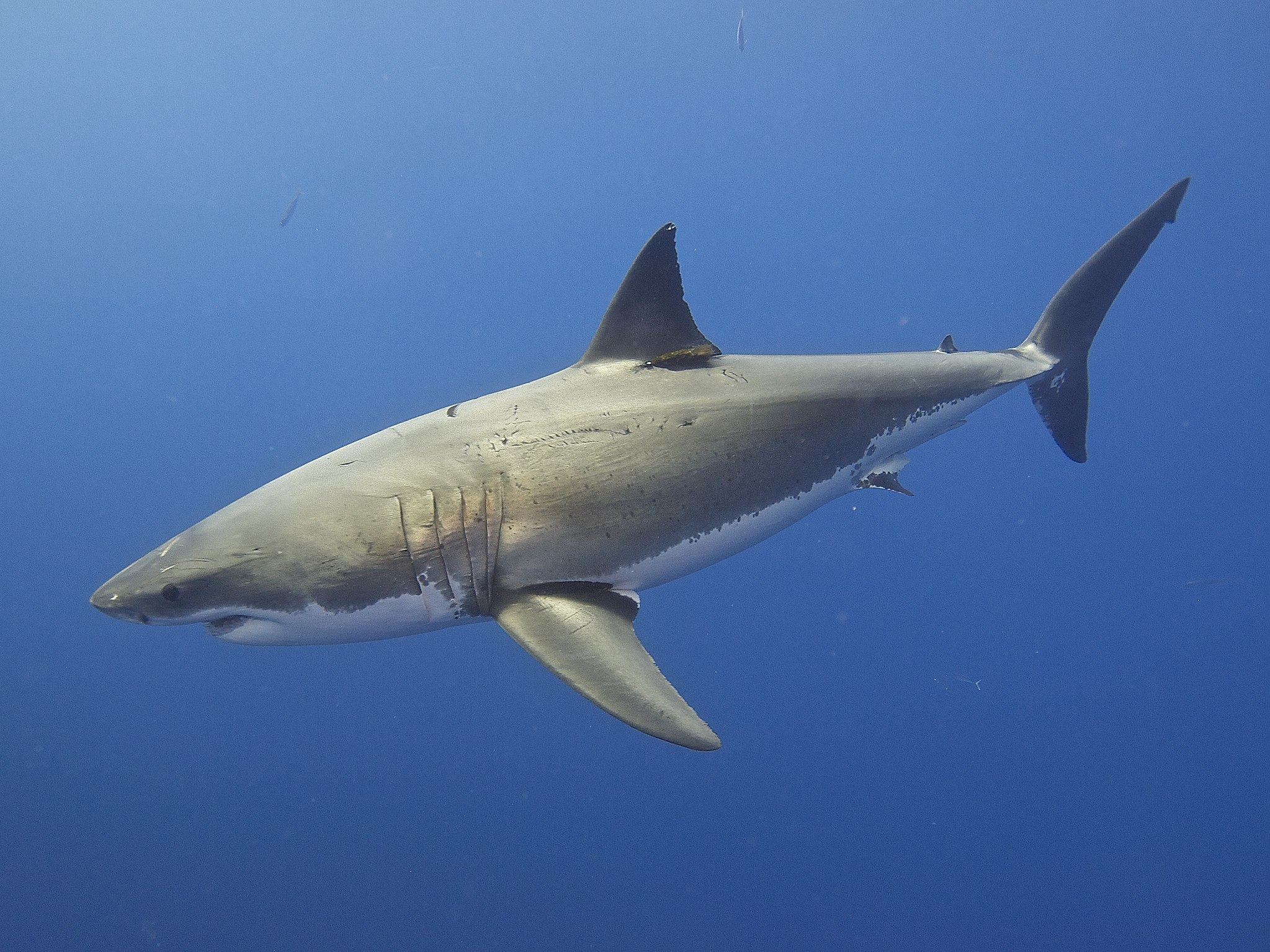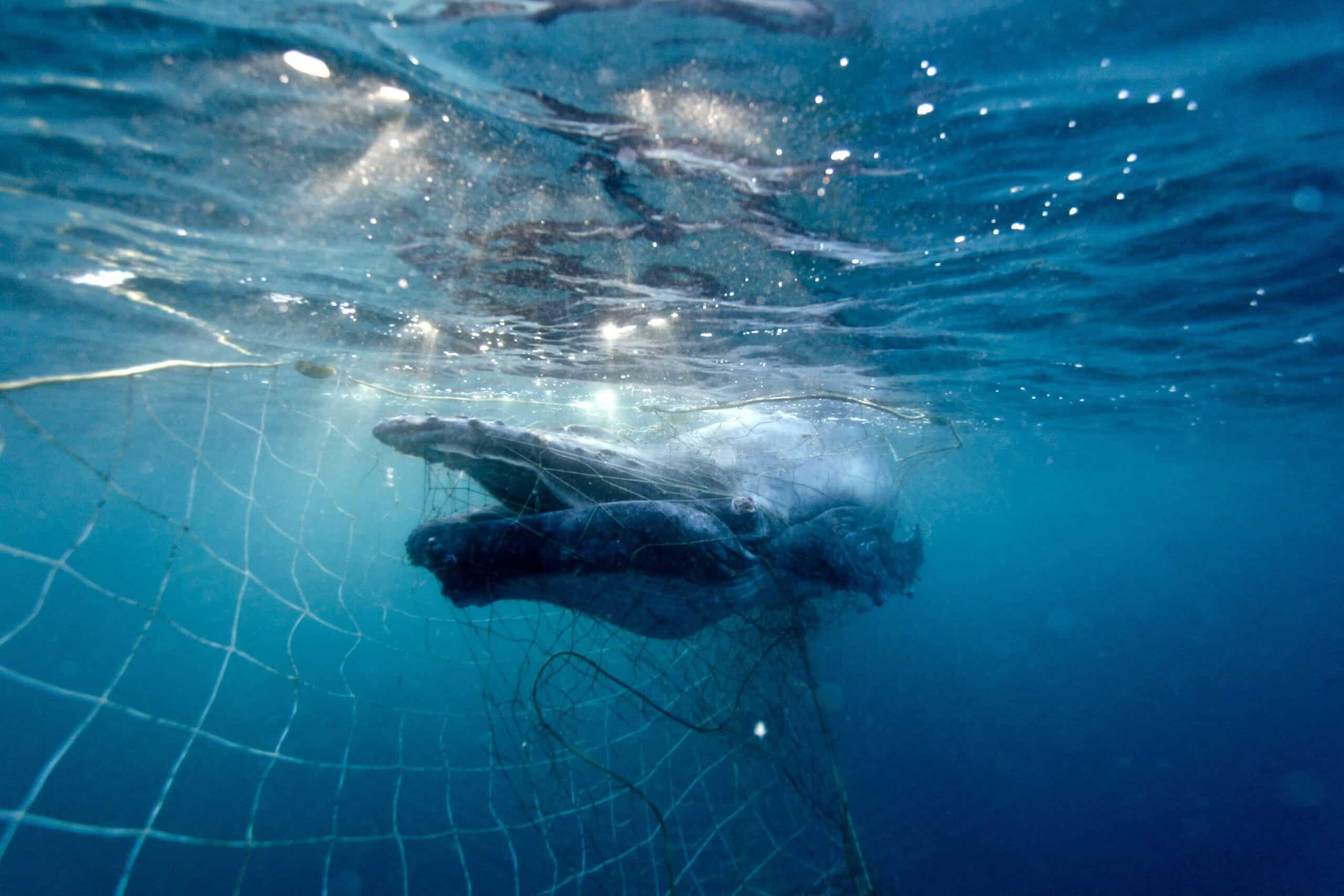Research shows that Australia’s great white sharks are highly related to each other and may consist of fewer than 500 breeding animals. SYDNEY, 24 June 2025: Latest research has found Australia’s great white shark population is much smaller than expected, increasing their vulnerability to further population threats. The population...
It’s been a tough time for hammerhead sharks. Increasingly under threat from the shark fin trade, over fishing and shark control programs year on year, three species of hammerheads are now at risk of extinction in Australia unless Federal protection is secured for them. Following Humane Society International nominations, the Federal Environment Minister Josh Frydenberg is set to decide in a few weeks whether to protect these three species as Endangered to ease the increasing threats to their populations. The science is clear the species meet the criteria for an endangered listing, however we are worried the Minister is going to place a lower level of protection on hammerheads so that these species can still be captured in Australian commercial and recreational fisheries.

If the Minister lists the species as Conservation Dependent, it will mean the species can still be captured in Australian commercial fisheries. Image: iStock.com/qldian
If the Minister lists these hammerheads as Endangered, then a set of protections will be enacted that will make their exploitation from fisheries and shark control programs a lot more difficult. However, if the Minister lists them as Conservation Dependent, which is feared more and more likely, it would make the outlook for these three species a very bleak one and see thousands of fins from hammerhead sharks killed in Australian waters continuing to be exported every year for shark fin soup. It’s estimated some 26 and 73 million sharks are killed every year for their fins internationally, and the fact that thousands of endangered hammerheads caught in Australia are contributing to this statistic is truly shocking. This is no different to allowing elephants to be killed for their ivory or tigers for their skins, and to allow that to happen to an endangered species from Australian waters would be a disgrace.
Currently, hammerheads are getting caught in huge numbers in Australian fisheries. If we look at just one fishery in Queensland, the East Coast Inshore Fin Fish Fishery (ECIFFF), the stats are especially grim. ECIFF occurs mostly in the Great Barrier Reef World Heritage Area, and has consistantly high catch rates with those for 2014/15 the highest ever recorded. You wouldn’t be mistaken for thinking that by operating within a World Heritage Area that the fishery would have strict practices to adhere to. However the fishery has gotten away with increasing catch rates of hammerheads for many years, so unfortunately the species don’t really don’t stand much of a chance unless Endangered protection is given to them. Queensland doesn’t even require fishermen to land sharks with their trunks still attached to fins!
Not only are hammerheads under threat from fisheries, but the stats from shark control programs are just as shocking. A total of 14,447 hammerhead sharks have been killed in the QLD Shark Control Program between 1962 and 2016. That’s a staggering number and one state and federal governments should have been scrambling to rectify long ago, especially given that hammerheads are a harmless species that have never been linked to an unprovoked human death in our oceans.

Infographic: Red Cloud Design – earth healing
The federal government’s recent track record on hammerhead shark protection is a worry. Every three years, the Convention on the Conservation of Migratory Species of Wild Animals (CMS) takes place as a global platform for the conservation and sustainable use of migratory animals and their habitats. Australia is a party to CMS, and has historically used it to champion shark protection but at the last meeting our government outrageously took out reservations for new CMS shark listings, including hammerheads, to allow for continued game and recreational fishing. We hope the government will not be so easily swayed by the fishing industry now the science shows these species are Endangered. The next CMS conference will take place in October, and we are urging Minister Frydenberg not to take out any further reservations to the new shark species that will likely be listed at the conference, and to remove the reservations they have already taken out for species like the great and scalloped hammerheads.
We are urging the Minister not to wimp out of Endangered listings in favour of allowing continued over-fishing and mismanagement by state governments.
You can help join our call for the three species of hammerheads to be listed as Endangered and not Conservation Dependent by signing your name to our letter to Minister Frydenberg below.


